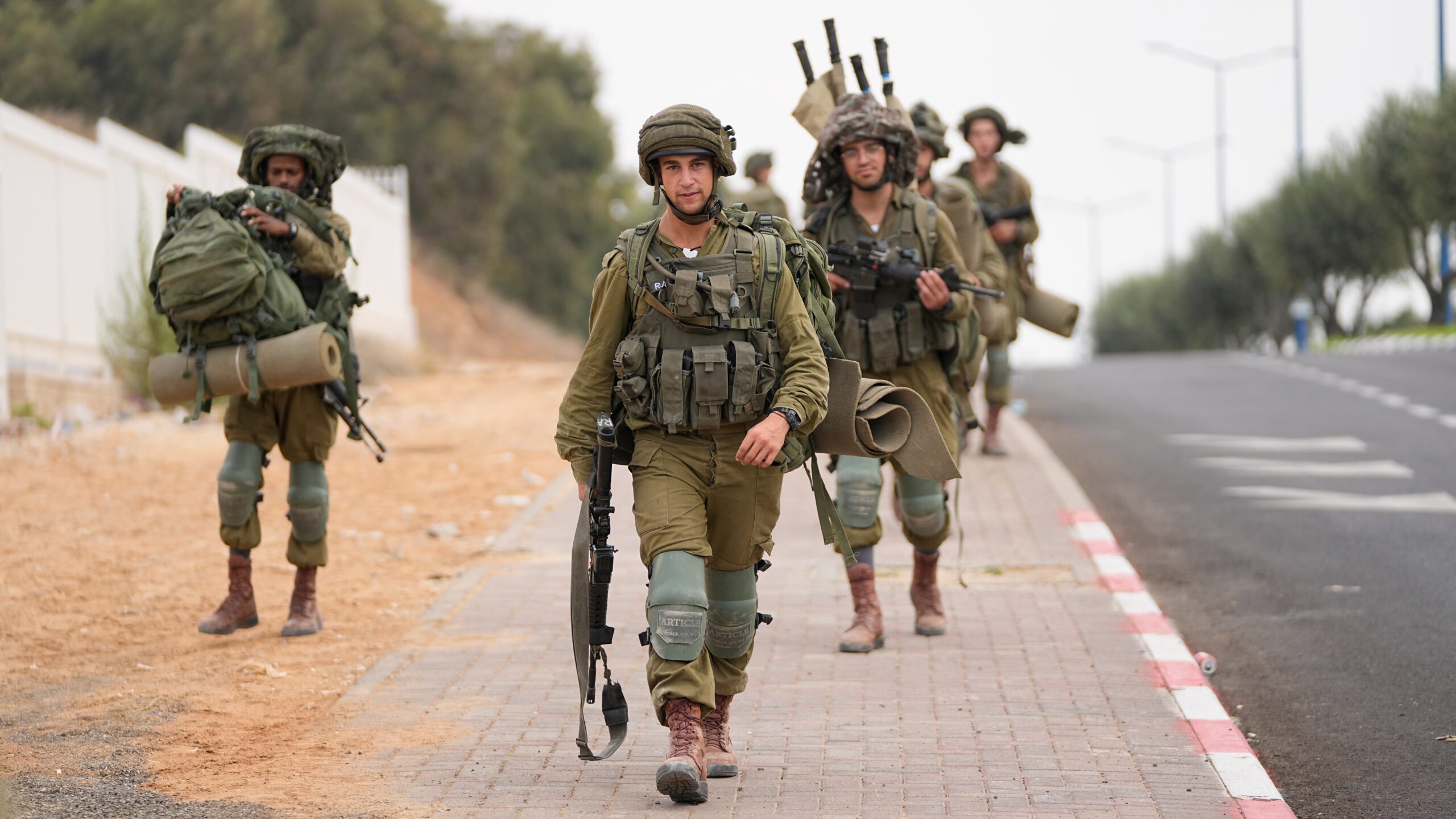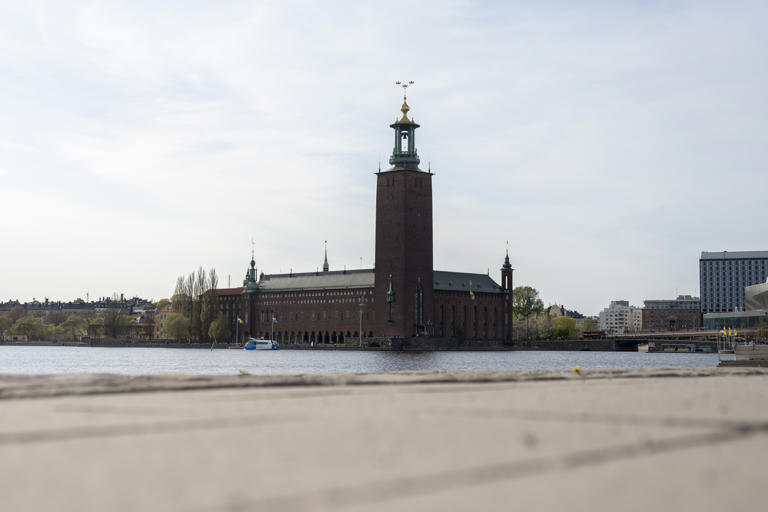The conflict between Israel and Lebanon has once again reached new heights, with Israeli troops reportedly advancing into Lebanese territory to their deepest position since the October 1 invasion, according to Lebanese media outlets. This military development, which signals an escalation in the ongoing tensions, comes amid heightened fears of a broader regional confrontation. This article delves into the context, implications, and potential outcomes of this latest military action, while examining its impact on the region and the international community.
Background: The Israel-Lebanon Conflict
The history of conflict between Israel and Lebanon is long and fraught with deep-rooted political, territorial, and religious tensions. The modern conflict can largely be traced back to the establishment of Israel in 1948 and the subsequent Arab-Israeli wars, which saw Lebanon’s border with Israel become a flashpoint for military skirmishes and large-scale confrontations.
One of the most significant factors contributing to the conflict is the presence of Hezbollah, the Shiite militant group based in Lebanon, which is considered by Israel as a major security threat. Hezbollah has been engaged in various confrontations with Israeli forces over the years, particularly in the context of the 2006 Lebanon War and its ongoing border disputes with Israel. Hezbollah receives substantial backing from Iran and Syria, and its political and military influence in Lebanon has been a key element in the regional instability.
The complex dynamic between Israeli security concerns and Lebanese sovereignty continues to shape the current situation. The October 1 invasion marked a significant turning point, and Israel’s military movements into deeper Lebanese territory signify an intensifying campaign against Hezbollah, as well as broader geopolitical concerns in the region.
The October 1 Invasion and Its Aftermath
The invasion on October 1 marked a dramatic shift in Israel’s military posture. Israeli forces had previously maintained a strategy of limited operations along the border to deal with cross-border attacks and militant activities, particularly from Hezbollah. However, the escalation on October 1 saw a full-scale incursion into Lebanese territory, and since then, the conflict has steadily worsened.
Since the invasion, Israeli troops have reportedly made significant territorial gains in Lebanon, with their most recent advancement taking them to the deepest point in the country since the operation began. According to reports from Lebanese media, Israeli forces have reached key strategic locations, including areas in the southern and eastern parts of Lebanon. These operations are understood to be aimed at weakening Hezbollah’s influence, particularly in regions close to the Israeli border.
The recent reports from Lebanese media of the deepening Israeli advance are indicative of the military objectives that Israel may be pursuing in the current conflict. With the escalation, Israel seems to be looking to solidify its defensive position and to target Hezbollah’s infrastructure, which it considers a critical threat. However, this movement into Lebanese territory has raised alarm about the potential for further escalation and the risk of an all-out war.
Implications of Israeli Troops Reaching Deepest Point in Lebanon
1. Heightened Risk of Regional War
The most immediate concern surrounding this latest development is the potential for a wider regional war. The Lebanon-Israel border has long been a flashpoint for conflict, and any significant escalation risks drawing in neighboring countries such as Syria and Iran, both of whom support Hezbollah. Iran’s backing of Hezbollah is particularly noteworthy, as it adds an extra layer of complexity to the already volatile situation.
Moreover, the involvement of Syrian forces, particularly along the Golan Heights, could escalate tensions on multiple fronts. Syria’s alignment with Hezbollah and Iran could lead to a more synchronized military response from these nations, resulting in a larger regional conflict. The ongoing instability in the Middle East, particularly in Iraq and Syria, adds further fuel to the fire, with international actors such as the United States and Russia closely monitoring the developments.
2. Increased Tensions within Lebanon
Lebanon itself is already grappling with significant internal challenges, including a fragile political structure, an economic crisis, and the ongoing Syrian refugee situation. The incursion by Israeli forces is likely to exacerbate these tensions, as divisions between different political factions within Lebanon over how to deal with the Israeli threat could deepen.
Hezbollah, as one of Lebanon’s most powerful political and military entities, has strong support from a significant portion of the Lebanese population. As Israeli forces push deeper into Lebanese territory, Hezbollah’s response will be crucial in determining how the situation unfolds. The group has promised retaliation in the past, and their ability to launch attacks against Israeli positions will only increase as Israeli forces extend their presence on Lebanese soil.
Furthermore, the civilian population in Lebanon, already dealing with the fallout of years of political instability and financial ruin, is at risk of being caught in the crossfire. The Lebanese government, which has historically been caught between Hezbollah and Israel, may face increasing pressure from both sides, further destabilizing the country.
3. International Reactions and Pressure
International reactions to the Israeli advance into Lebanon have been mixed. The United Nations and several European countries have expressed concern about the escalating violence and the potential for a wider war in the region. UN peacekeeping forces stationed along the Lebanese-Israeli border have been monitoring the situation, but their ability to intervene in the event of a full-scale military escalation is limited.
The United States, a long-time ally of Israel, has largely supported Israel’s right to defend itself against what it perceives as Hezbollah’s growing threat. However, the U.S. has also urged restraint and diplomacy to prevent the situation from spiraling out of control. Similarly, Russia, a key player in the region, has called for de-escalation and dialogue, while also maintaining a close relationship with Hezbollah’s backers in Tehran and Damascus.
The international community remains concerned about the broader implications of the conflict, including the potential for humanitarian crises and the further destabilization of the already fragile Middle East. The presence of refugees, the proliferation of arms, and the risk of greater regional instability all pose significant challenges to international diplomacy.
Outlook and Potential Solutions
As Israeli troops push deeper into Lebanon, the immediate future remains uncertain. The situation hinges on several key factors, including the actions of Hezbollah, the response from Lebanon’s government, and the reactions of regional and global powers. Israel is likely to continue its operations in a bid to neutralize what it views as a major security threat, but this could come at a high cost both in terms of human lives and geopolitical stability.
For a lasting resolution, the international community will need to engage in proactive diplomacy to encourage dialogue between Israel, Lebanon, and Hezbollah. A ceasefire agreement, followed by a political solution, will be crucial in avoiding further escalation.
At the same time, addressing the root causes of the Israel-Lebanon conflict—territorial disputes, security concerns, and the role of Hezbollah—will require long-term commitment from both regional actors and the international community. The pursuit of peace in the region remains a complex challenge, but without concerted efforts from all parties, the conflict is likely to continue.
Conclusion
The recent reports of Israeli troops reaching the deepest point in Lebanon since the October 1 invasion serve as a stark reminder of the fragile and volatile situation in the region. With tensions high and the threat of a larger regional war looming, the international community must remain vigilant and encourage diplomacy in order to avoid further bloodshed and instability. The conflict is far from over, and the road to peace will require sustained effort from all stakeholders involved.



